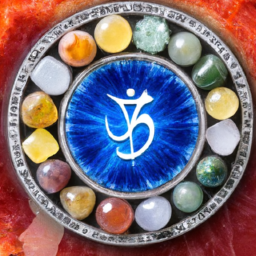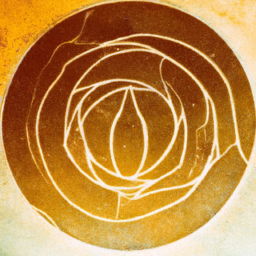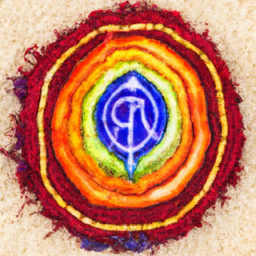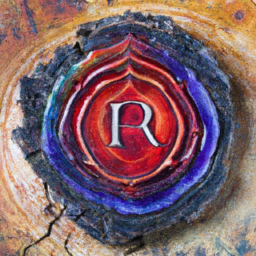Understanding the Relationship between Root Chakra and Anxiety
Anxiety is a common emotional and psychological disorder that affects millions of individuals worldwide. It is characterized by feelings of intense worry, fear, and nervousness, which can often lead to avoidance behaviors and a decreased quality of life. While anxiety can have various causes, one factor that is often overlooked is the state of our root chakra.
What is Root Chakra?
The root chakra, also known as the Muladhara chakra, is the first of the seven main chakras in the body. It is situated at the base of the spine and is associated with the color red. This chakra is responsible for our sense of safety, security, and stability. It governs our basic needs, including food, shelter, and physical survival.
The Connection Between Root Chakra and Anxiety
When our root chakra is unbalanced or blocked, it can result in feelings of anxiety and fear. This is because the root chakra is closely linked to our primal instincts of survival, and any threat to our basic needs can cause a sense of unease. An imbalance in this chakra can cause an excessive focus on material possessions, constant worry about financial security, and a feeling of being disconnected from our physical bodies.
Moreover, an overactive root chakra can also lead to anxiety. This occurs when the chakra is excessively energized, causing us to become overly sensitive, stressed, and overwhelmed. It can manifest as an inability to relax, constant worrying, and a need for control in every aspect of our lives.
Healing the Root Chakra to Ease Anxiety
The good news is that the root chakra can be balanced and healed to ease anxiety and promote a sense of calm and stability. Here are some ways to care for your root chakra:
- Grounding Exercises: The root chakra is associated with the earth element, and performing grounding exercises, such as walking barefoot on grass or soil, can help to balance and stabilize this chakra.
- Meditation: Meditation is an effective way to quiet the mind, reduce stress, and balance the root chakra. Focus on the color red and visualize the chakra spinning and becoming balanced.
- Yoga: Certain yoga poses, such as mountain pose, tree pose, and warrior pose, can help to activate and balance the root chakra.
- Aromatherapy: Essential oils like patchouli, sandalwood, and cedarwood have grounding properties and can help to balance the root chakra when used in a diffuser or during meditation.
- Chakra Healing Practices: Seek the help of a trained energy healer or undergo chakra balancing sessions to address any imbalances in the root chakra.
By taking care of our root chakra and ensuring its balance, we can reduce feelings of anxiety and promote a sense of inner peace and stability. It is also important to note that a healthy root chakra is only one aspect of managing anxiety, and seeking professional help is always recommended for those struggling with severe anxiety.
In conclusion, the root chakra plays a significant role in our overall well-being and can greatly impact our emotional and psychological state. By understanding the relationship between the root chakra and anxiety and taking steps to balance and heal it, we can experience a sense of grounding, stability, and tranquility in our lives.





I found this article to be incredibly helpful in understanding obstacles in my life – thank you!
GregBrockman: Great read, I’ve been feeling off balance lately and this has been a great eye opener.
#ThisArticleIsInvaluable – I never realized how much my root chakra was affecting my anxiety, this was such an enlightening read.